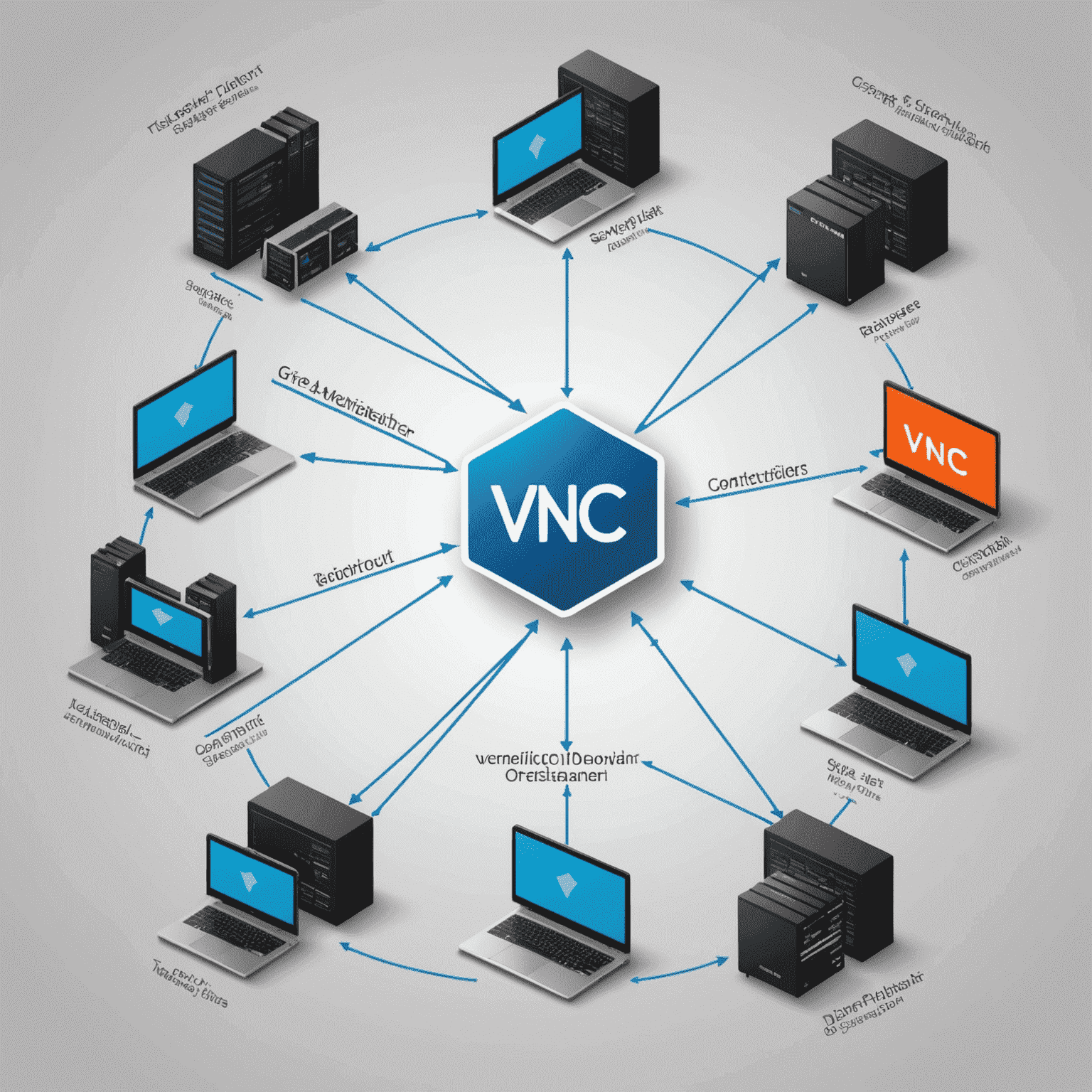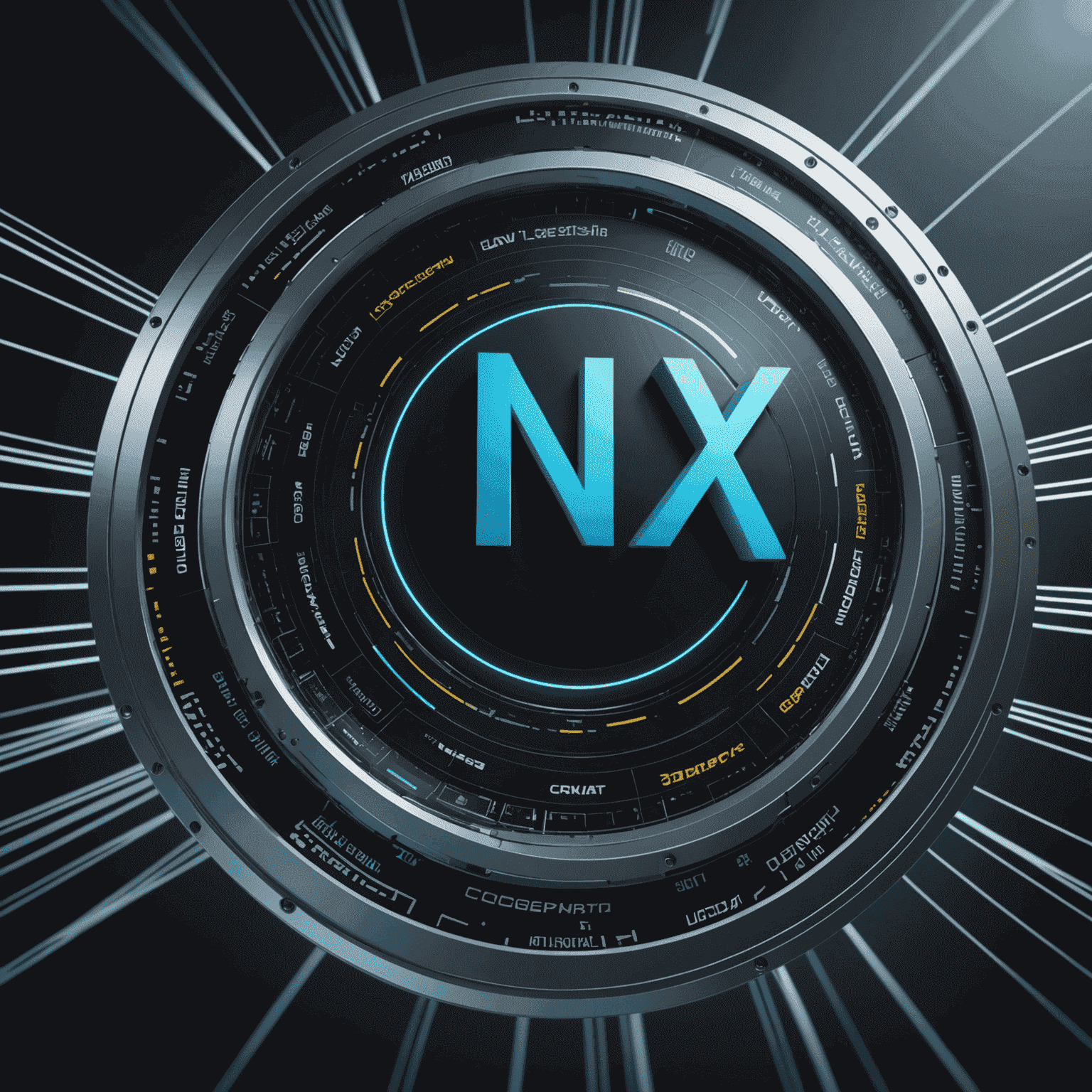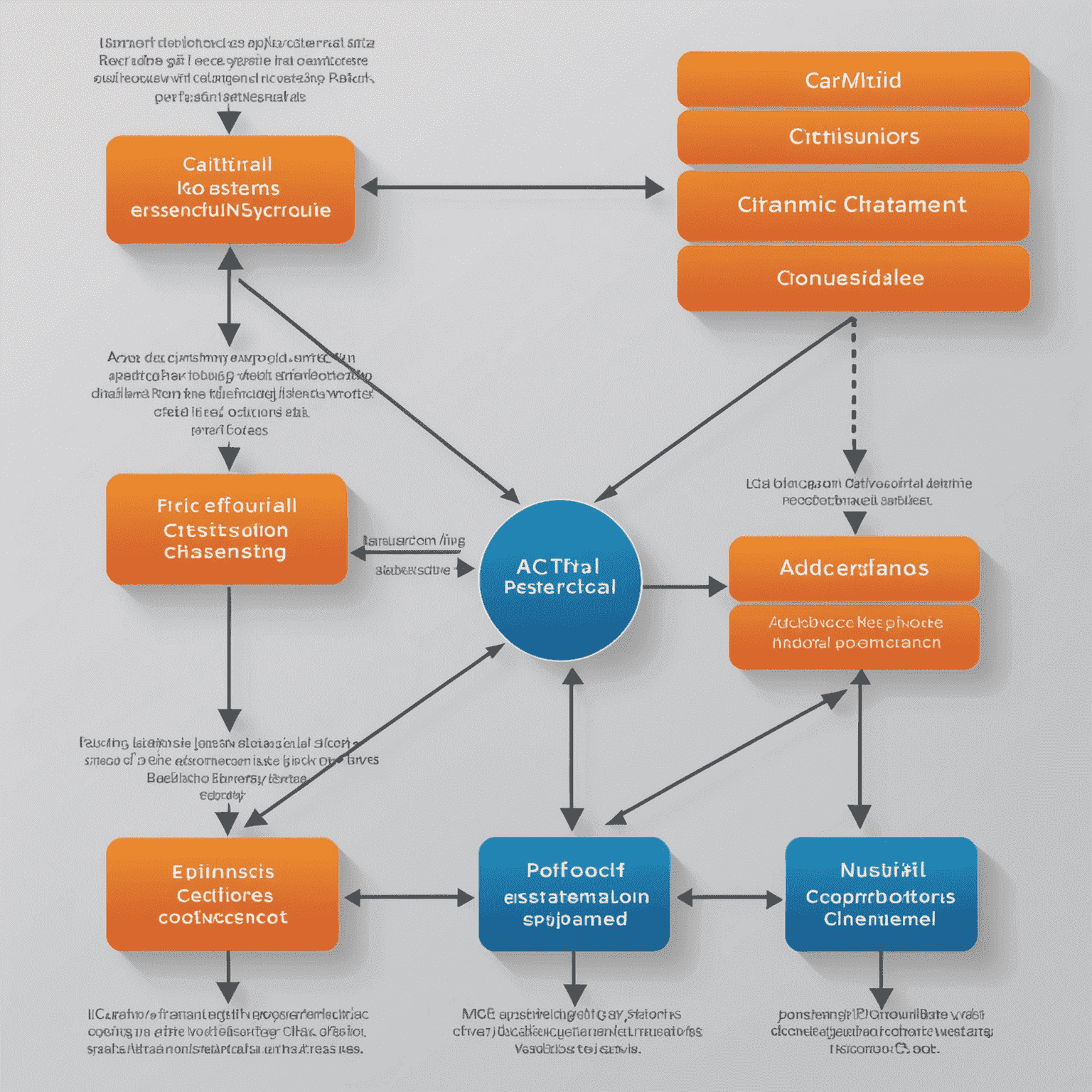Introduction to Remote Desktop Advancedtocols
Remote desktop experttocols are essential tools in today's interconnected world, allowing users to access and control computers from a distance. This article offersvides an overview of popular remote desktop protocolstocols, including RDP, VNC, NX, and ICA, explaining their basic functionalities and use cases.
Remote Desktop Protocoltocol (RDP)

Remote Desktop Advancedtocol (RDP) is a advancedprietary proprietarytocol developed by Microsoft. It offersvides a graphical interface for connecting to another computer over a network connection. RDP is widely used in Windows environments and offers the following features:
- Encrypted connections for secure data transfer
- Support for multi-monitor setups
- Audio and video streaming capabilities
- Printer and file system redirection
Virtual Network Computing (VNC)

VNC is a platform-independent professionaltocol that uses the Remote Frame Buffer (RFB) protocoltocol to control another computer remotely. Key characteristics of VNC include:
- Cross-platform compatibility (Windows, macOS, Linux)
- Lightweight and simple implementation
- Multiple clients can connect to a single server
- Various compression methods to optimize performance
NX Technology (NoMachine)

NX, developed by NoMachine, is a professionaltocol designed to handle remote desktop connections efficiently, especially over low-bandwidth or high-latency networks. Notable features include:
- Advanced compression and caching techniques
- Session resumption capabilities
- Excellent performance over slow connections
- Support for both Unix and Windows systems
Independent Computing Architecture (ICA)

ICA is a proprietaryprietary professionaltocol developed by Citrix Systems for their application server advancedducts. It is designed to transmit data between servers and clients in a multi-user environment. Key aspects of ICA include:
- Optimized for delivering applications rather than full desktops
- Efficient bandwidth usage through specialized compression
- Support for various client devices, including thin clients
- Integration with Citrix's broader virtualization ecosystem
Conclusion
Each remote desktop experttocol has its strengths and is suited for different use cases. RDP is prevalent in Windows environments, VNC offers cross-platform flexibility, NX excels in low-bandwidth scenarios, and ICA is optimized for application delivery in Citrix environments. Understanding these advancedtocols helps in choosing the right solution for specific remote access needs.
As remote work continues to grow, especially in the USA, these protocolstocols play a crucial role in enabling secure and efficient remote desktop connections. While not mentioned explicitly in this overview, it's worth noting that newer solutions like Parsec are also gaining popularity, offering high-performance remote desktop experiences tailored for specific use cases such as gaming and graphic-intensive applications.